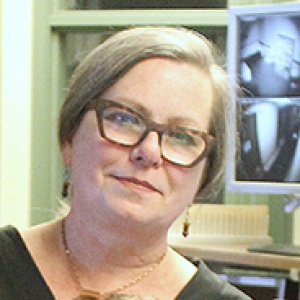School of Medicine
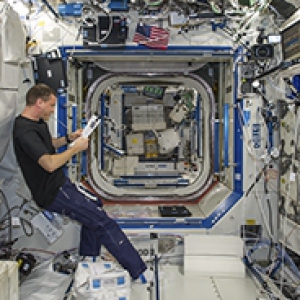
Tuesday, October 1, 2019
The question for regenerative medicine research is “‘What can we do in space that we can't do on Earth that makes a difference?’" said William Wagner, director of the McGowan Institute, which has joined with the International Space Station U.S. National Laboratory to look for answers. "That's a pretty exciting question, because it's currently unanswered."

Wednesday, September 11, 2019
The 2019–20 academic year marks the inauguration of new majors, innovative online offerings and collaborations among different schools across the University of Pittsburgh. Highlights include programs in engineering, arts and sciences, computing and many others.
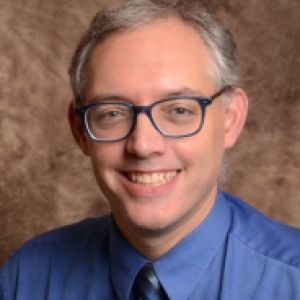
Wednesday, August 7, 2019
Jason Rosenstock, associate professor of psychiatry at the University of Pittsburgh, has been selected to serve as interim...

Friday, August 2, 2019
When one person becomes part of the other: New lungs and bone marrow help some patients with no other options.
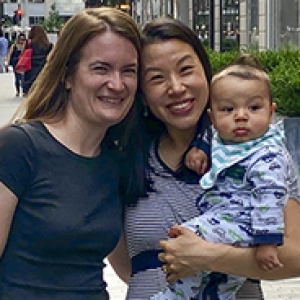
Wednesday, July 31, 2019
Working parents in academia face some tough challenges. Health science researchers Jackie Burgette and Kristin Ray are doing their part to remedy a big one: child care at conferences.
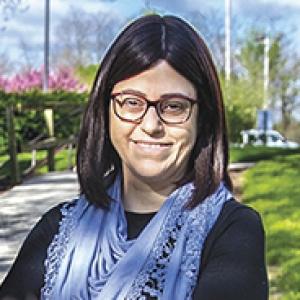
Friday, July 19, 2019
With the advent of direct-to-consumer genetic testing, patients are showing up at doctors’ offices with big questions about their genes. Physicians, however, aren’t usually trained to answer them. Enter Mylynda Massart and others at Pitt.
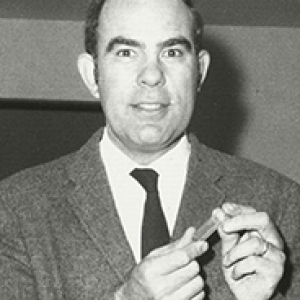
Wednesday, July 17, 2019
As a postdoctoral researcher, Bruce Hapke helped NASA determine the consistency of the moon’s soil, which helped engineers create the proper boots, rovers and wheeled equipment for the Apollo 11 landing, which happened 50 years ago this Saturday. Hapke and others at Pitt have helped build on a legacy of space research.
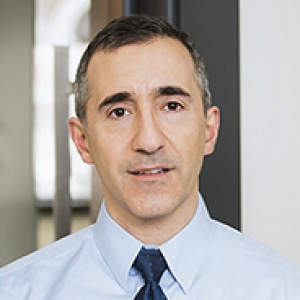
Friday, July 12, 2019
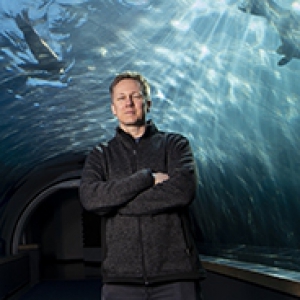
Friday, July 5, 2019
Through his research as an evolutionary geneticist, Pitt’s Nathan Clark is exploring how and why genes and genomes have evolved over time.


